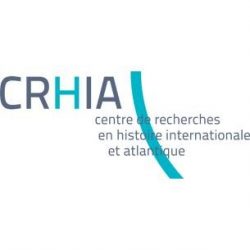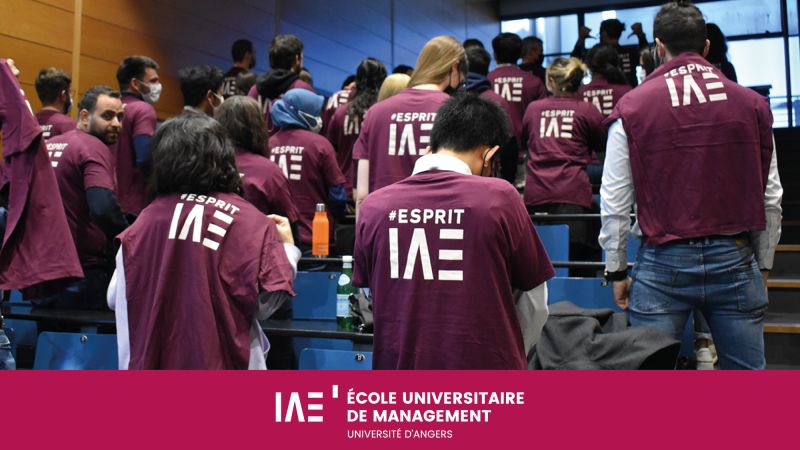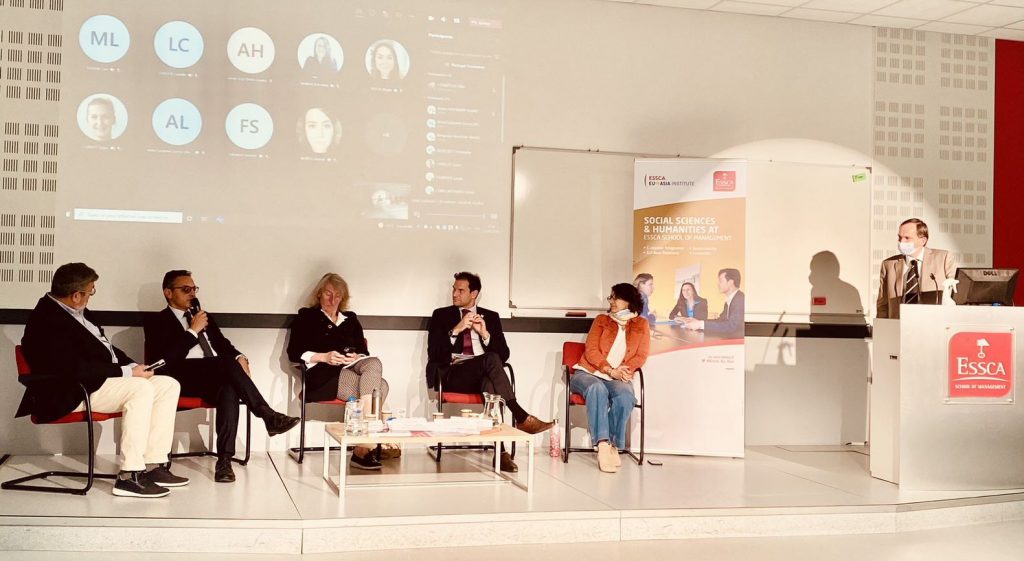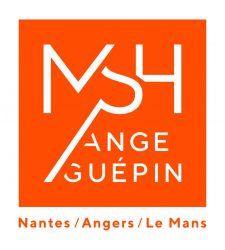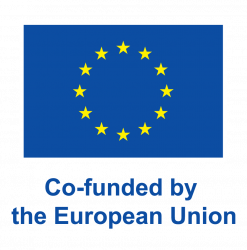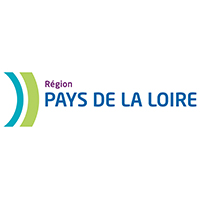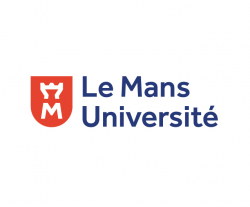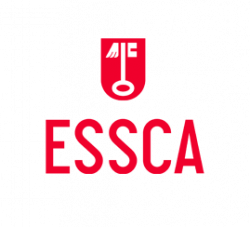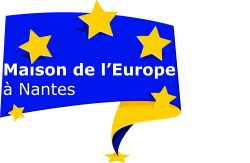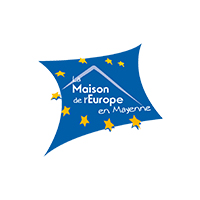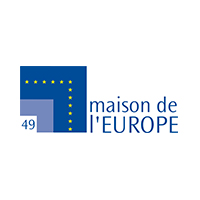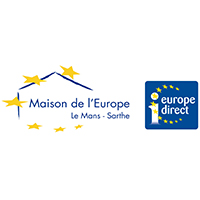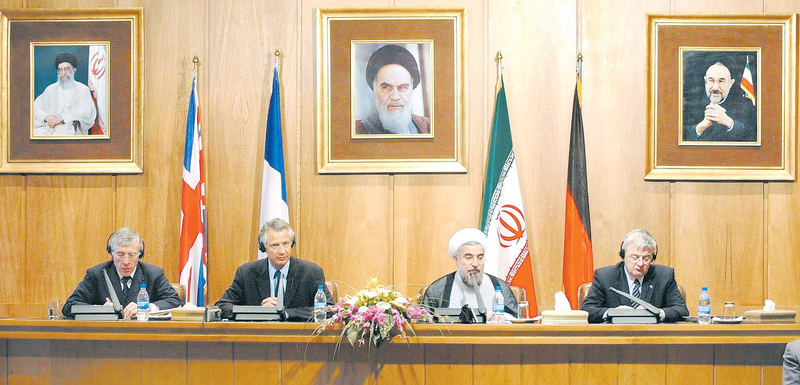
Frédéric Gloriant, a member of CRHIA, is developing this project from 2018 to 2022, with the support of the Alliance Europa Institute for European and Global Studies.
Through the example of two major nuclear crises in which Europe was or is primarily involved, forty years apart, namely the second Berlin crisis (1958-1963) and the Iranian nuclear proliferation crisis that started in 2002, this project aims to pursue a historical reflection on the evolution of diplomatic practices in the European and Euro-Atlantic area, during and after the Cold War. More specifically, the project will look at the more or less secret, more or less visible managerial practices which persist at the heart of multilateral organisations such as NATO and the EU, where their influence remains quite decisive, especially when it comes to political-strategic issues. What is the role, the mode of operation and the influence of these formal or informal directorates? Whether it be the Franco-Anglo-American tripartism for Berlin, which quickly led to the quasi-institutionalisation of a “Quad” including the FRG within NATO, or the role of the “Big Three” EU states (Germany, France, Great Britain) in the negotiations with Iran, multilateralism and directorial practices cannot simply be opposed in a dichotomy; on the contrary, they maintain a complex, dialectical relationship which needs exploring.
Project leader
FREDERIC GLORIANT
Senior Lecturer in Contemporary History at the University of Nantes, within the Research Centre for International and Atlantic History (CRHIA)
Research themes :
– the history of the Cold War and the construction of Europe
– nuclear and strategic issues
– Franco-British relations, French and British foreign policies
Frédéric Gloriant is developing the research project “From Berlin to Iran, Europe’s response to nuclear crises: directorates and multilateralism in the Euro-Atlantic area”.
More information >> >>
The Research Centre for Atlantic and International History (EA 1163 – Universities of Nantes and La Rochelle)
The Research Centre for Atlantic and International History (EA 1163 – Universities of Nantes and La Rochelle)
The Research Centre for Atlantic and International History (EA 1163 - Universities of Nantes and La Rochelle) is one of the major historical research centres in Western France, approved by the Ministry of Higher Education and Research as part of the five-year contract 2017-2021.
This laboratory brings together researchers in ancient history, medieval history, modern history, contemporary history, literature and languages, totalling 151 members (48 full professors, 9 emeritus professors, 3 other researchers, 4 post-docs, 80 doctoral students and 7 administrative and technical staff) and 90 associate researchers around a common theme: “From the world to the Atlantic, from the Atlantic to the world: methods, spaces and actors of international exchanges from the Antiquity to the present day”.
https://www.crhia.fr/en
Nantes University
Nantes University offers courses from bachelor’s to master’s degrees and excellence research projects concerning Europe in a wide range of disciplines in the humanities and social sciences.
It is home to the Institute for European and Global Studies, which implements the Alliance Europa programme.
https://www.univ-nantes.fr



